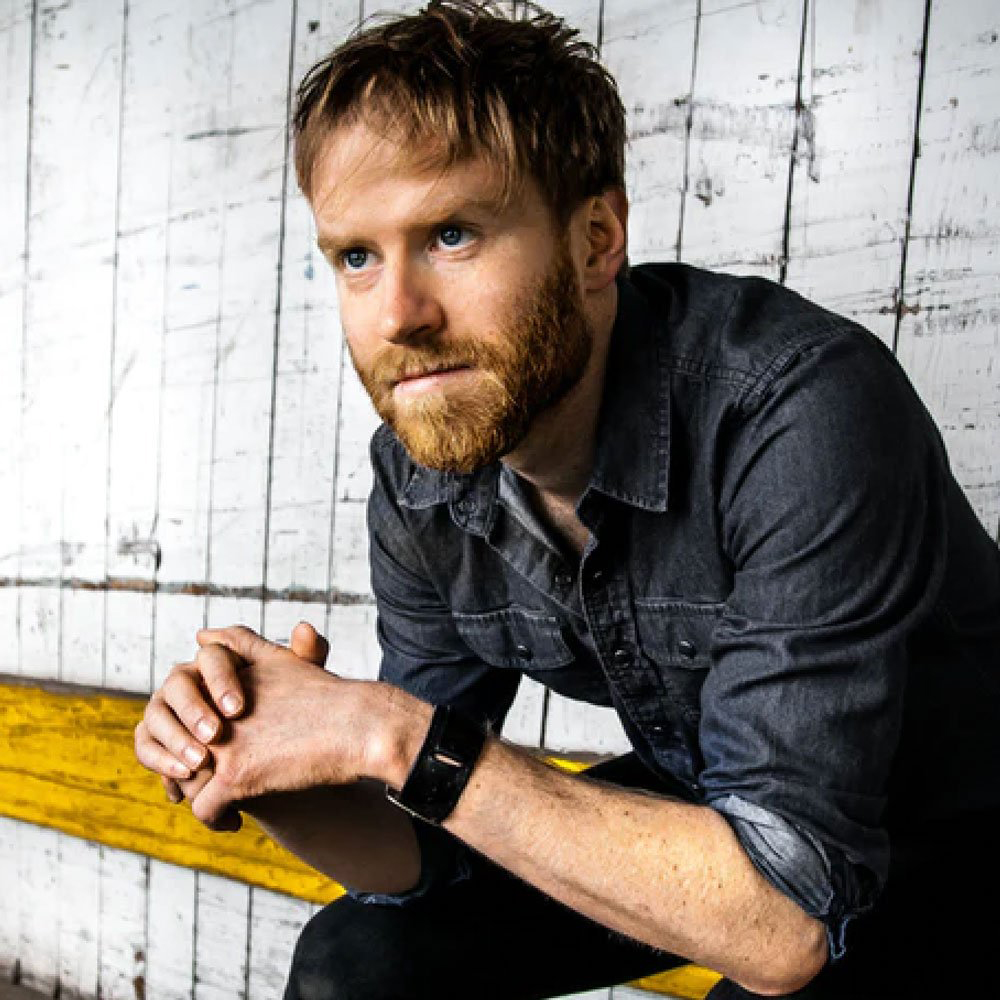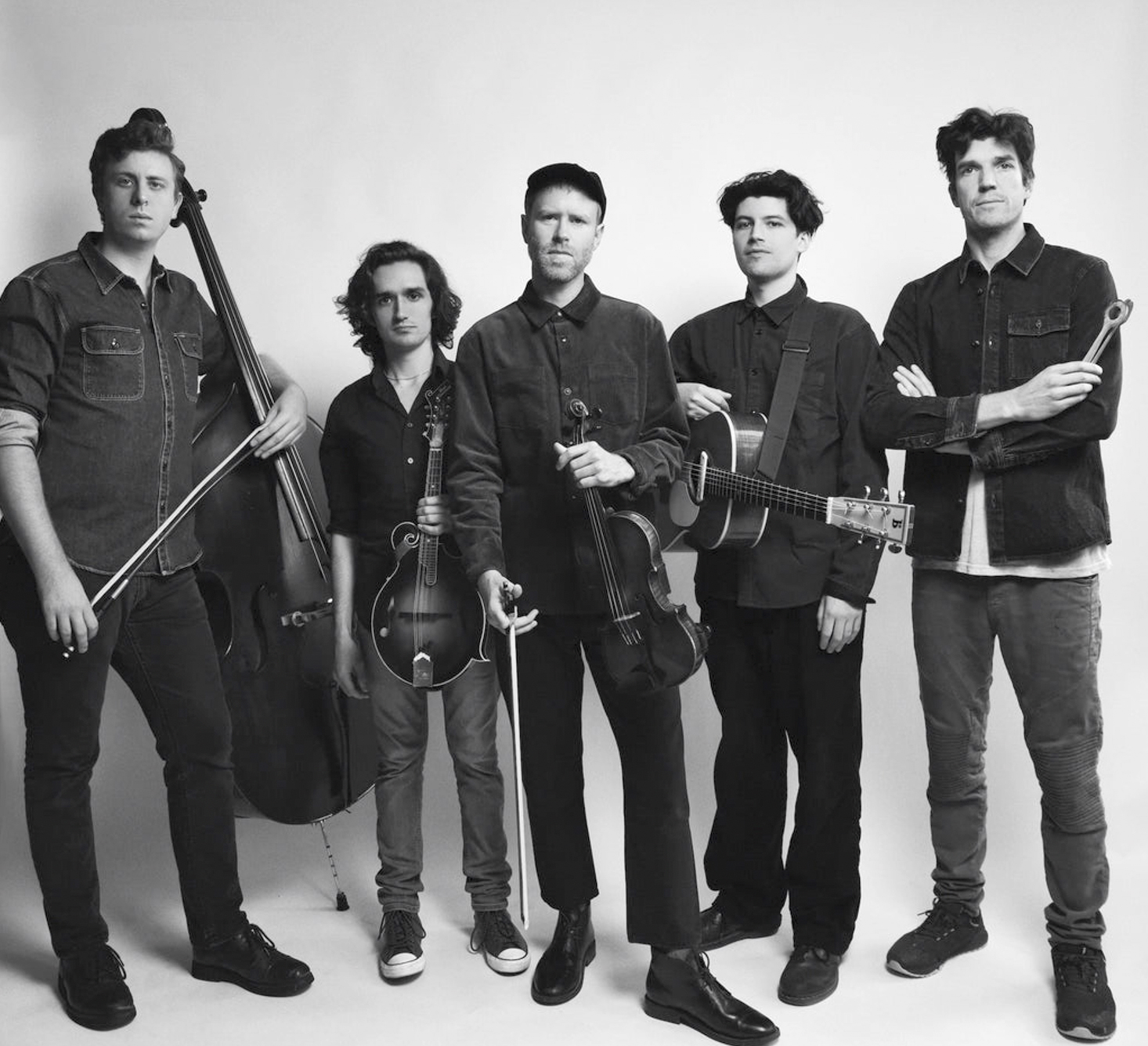Featured Stories
A-Fiddling We Will Go

Jeremy Kittel
One of the best aspects of the former Mark O’Connor Fiddle Camp was meeting and jamming with all the various teachers. I had the great fortune to be asked to be the klezmer violin instructor in this camp from 2006–2014. For several years, the fiddle camp was held in San Diego on the campus of Pt. Loma Nazarene University. It was at this camp I had the fabulous pleasure of meeting Jeremy Kittel. Kittel grew up in Saline, Michigan (I’m a proud former Michigander myself) and attended the University of Michigan, earning his undergraduate degree in music and then going on to the Manhattan School of Music for his master’s degree in jazz violin in 2007.
In America, if one played the violin, they studied and performed western classical music. The other genre most connected with the violin was country “fiddle” music. Just using the terms violin vs. fiddle conjured economic class differences. Often those who studied and played western classical musical came from a home that had the means to pay for a private teacher while those who learned to play fiddle music learned from a teacher who was as economically as poor as the student, from a family member or was self-taught.
The violin’s origins are from the Middle East (the rebab), which over time and travel through Europe, North Africa, and ultimately the US evolved to the basic violin/fiddle that is played today. It was in the early 16th and 17th centuries that the master violinmakers in Cremona and Venice somewhat perfected the modern and standard form of the instrument. At the turn of the 20th century, mass production of the instrument in Germany, France, Italy, and England made the instrument affordable to the masses. Now the instrument was more accessible to the working-class and poor of America.
Obviously, the violin traveled much better than the piano. Many immigrants from the British Isles from the 17th century on carried the violin along with their baggage. Consequently, this was the beginning of what we call American “fiddle” music. The American fiddle traditions also were influenced by the folk music of the Native Americans, African-Americans, French Canadians, Mexican-Americans, and Slavic Americans, notably the Czech from Bohemia who introduced the polka to the American folk music landscape. Eventually at the turn of the 19th century, violinists were fusing different styles of music, whether it be ragtime, Dixieland, swing, blues, jazz, and rock.
As I said earlier, I loved teaching the students about klezmer history, culture, and how to play the genre, but to get to play with the likes of violinists as Rachel Barton Pine, Laura St. John, Darol Anger, Mark O’Connor himself, et al, was awesome, and jamming with Kittel was transformative. Kittel is at the forefront of a new breed of violinists who effortlessly navigate between myriad musical styles and traditions.

Kittel & Co.
Kittel’s primary genres he plays singularly or as a fusion are bluegrass, celtic, classical, American folk, and jazz. Before leading his bands, the Jeremy Kittel Band and Kittel & Co., Kittel was a member of the Grammy-winning Turtle Island Quartet. He has also toured and recorded with such musical giants as John Baptiste, Bela Fleck, Mark O’Connor, Edgar Meyer, Chris Thile, Paquito D’Rivera, the Assad Brothers, Stefon Harris, Jars of Clay, Abigail Washburn, and many more. He has also performed in such diverse venues as NPR, Carnegie Hall, the Kennedy Center, and Bonnaroo.
What especially attracted me to Kittel was his skill as a composer. I have been composing for many years, blending klezmer, Romani, jazz, blues, bluegrass, classical, and other styles to create my own genre of music. Kittel received a Grammy nomination for Best Instrumental Composition in 2019, alongside prevalent composers such as John Williams and Terence Blanchard. In February 2020, he premiered a new orchestral piece, Stones River, commissioned and performed by the Orlando Philharmonic with Jeremy as soloist. Stones River draws from the profound well of multicultural American Revolutionary and Civil War music. Kittel is also the solo violinist on the soundtrack of my recent documentary film, American Socialist: The Life and Times of Eugene Victor Debs, narrated by Amy Madigan.
Kittel is committed to helping the next generation of violinists in America appreciate the history of American folk music and its deep connection to the 246 years of slavery that existed in this land. His dedication to fostering this growth is not just seen in his compositions but also through his deep commitment to education. Kittel enjoys teaching music through workshops and clinics at diverse programs such as Berklee College of Music, Belmont University, The New School, International Music Academy of Pilsen, Zurich University of the Arts, Mark O’Connor Strings Camps, the Swannanoa Gathering, Valley of the Moon Scottish Fiddling School, and the University of Michigan. And I almost forgot to mention that Kittel was a U.S. National Scottish Fiddle Champion and a two-time Junior National Scottish Fiddle Champion. For all these artistic reasons, I decided to bring Jeremy Kittel with his band, Kittel & Co., to the Intersections music series held at UCSD’s Park & Market venue on September 27 at 7pm.
Kittel and Co. inhabits the space between classical and acoustic roots, Celtic and bluegrass aesthetics, folk and jazz sensibilities, and has performed at venues such as Telluride Bluegrass Festival, Celtic Connections, and A Prairie Home Companion. The group (normally a quartet) released its debut album, Whorls, in 2018, to critical acclaim. At the Guggenheim Theatre at Park & Market the lineup will feature Kittel (violin, vocals) along with gifted mandolinist Josh Pinkham, sonorous bassist Jacob Warren, hammer-dulcimer wizard Simon Chrisman, and accomplished guitarist Quinn Bachand. When not touring, Jeremy Kittel lives in hip beautiful Brooklyn, New York.
One last thing that is most exciting curating this fantastic Intersections series is I often get to play with the artists one tune. I remember one jam session we had at the Mark O’Connor Fiddle Camp (NYC) where I played a klezmer tune and Kittel just began improvising, pushing the boundaries of the genre out into the universe. It only made me play better, trying to mimic just a little of what I was learning from the virtuoso violinist Jeremy Kittel. You won’t want to miss this concert.
Kittel & Co. will perform at the Guggenheim Theatre in UC San Diego’s Park & Market Bldg., 1100 Market St., September 27, 7pm.
https://parkandmarket.ucsd.edu/event/intersections-concert-series-presents-kittel-company/










